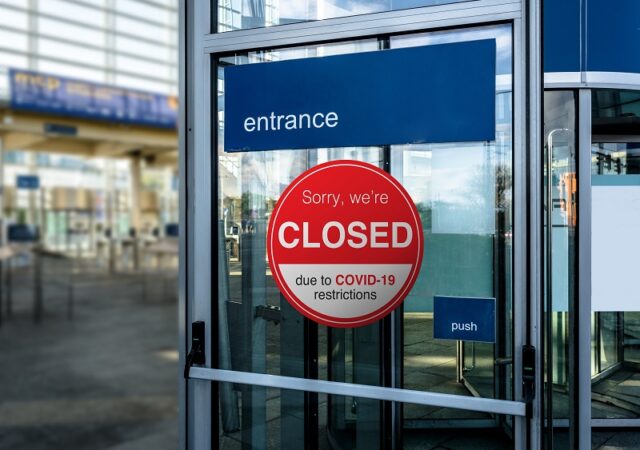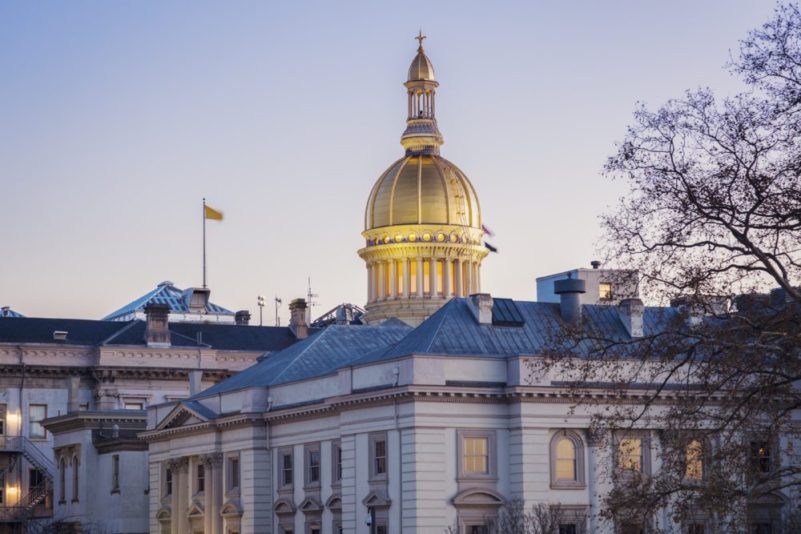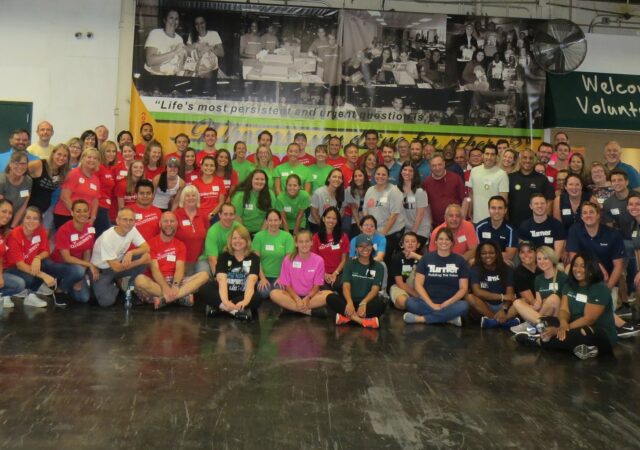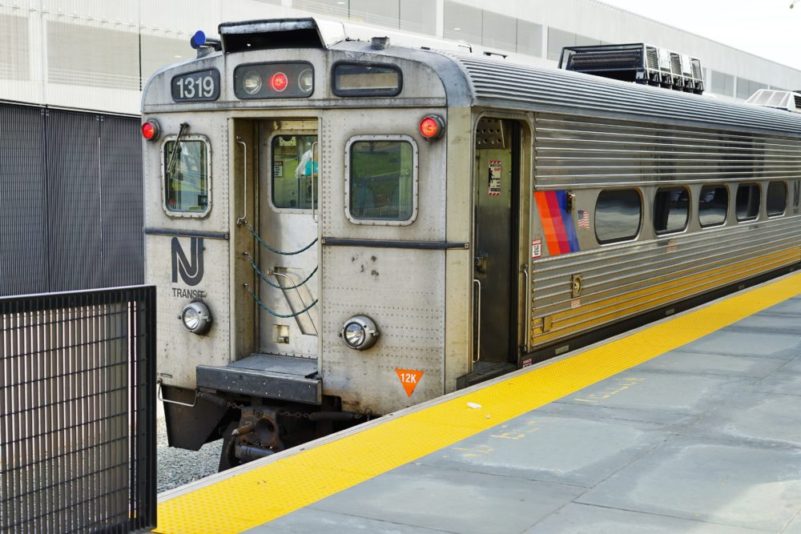Much of the workforce has been absent from offices/workplaces and transportation systems since mid-March. Has this absence “made hearts grow fonder” to return? Not entirely, according to some experts.
Policy Page
Our updates and analysis will keep you informed of every piece of legislation and public policy issue that affects commercial real estate in New Jersey, from a zoning dispute or a proposed change to the tax code.
Re-entry to the new workplace in a post COVID-19 reality
With eyes on recovery, Gov. Phil Murphy has formed a “cabinet-level” advisory commission to focus on the macro issues, including resilience, infrastructure and messaging, and a Restart and Recovery Advisory Council with subcommittees to work out the details of how and when various sectors of the workforce will resume operations. Landlords and tenants will confront myriad issues as the stay-at-home restrictions are lifted and businesses reopen under a new set of protocols.
The virus that is radically reshaping our world
My original plan for this Earth Day was to report on New Jersey’s sustainability challenge and how commercial real estate is adapting to natural, governmental and market forces. Given the magnitude and velocity of the COVID-19 disruption that is hourly reshaping our economy, industry and very existence, that plan quickly evaporated. Instead, this piece discusses the general impact of COVID-19 on our economy, and how CRE developers, owners, asset managers and affiliated professionals are meeting these challenges, assisting in relief efforts and informing government at all levels on how best to navigate their strategic response.
Waves of change bring opportunity to New Jersey’s suburbs
Jersey is looking better all the time — especially the suburbs. That’s my conclusion after reading a new Rutgers University report that provides an impressive amount of detail and analysis on economic, demographic and market trends which can help public officials plan for the future in ways that may help regenerate our suburbs and the overall state economy.
A new way of doing things for 2020
My hope for 2020 is that our government officials will find the courage and willingness to tackle some thorny issues, including: overhaul New Jersey’s retirement and health care plans for state and school employees, consolidate school districts and remove barriers to allow regionalization of tax assessment, health services, municipal courts and fire and police services. If tackled, these measures will, over time, provide for better care and services to taxpayers while freeing up billions of dollars to invest in infrastructure, retraining and education programs and reducing the crushing tax burden on residents and businesses.
Gridlock in Trenton: Not what investors want
Messaging from Trenton over the last several months, “airing dirty laundry” and delayed payments and responses to companies involved in the state’s incentive programs are scaring away legitimate businesses from setting roots in New Jersey. Businesses need certainty and clarity. Why don’t we pivot the conversation to one about how to make robust investments in our people and infrastructure without any further distractions and political roadblocks?
Improved transit is key to New Jersey’s future
Legislation was enacted last November that requires NJ Transit to establish an office of real estate economic development and transit-oriented development to assess all its properties and annually recommend how best to increase NJT’s non-fare revenues. The goal is to enable NJT to have more funds to invest in its operations, maintenance and capital projects in order to improve performance for bus, rail and light rail passengers.
















